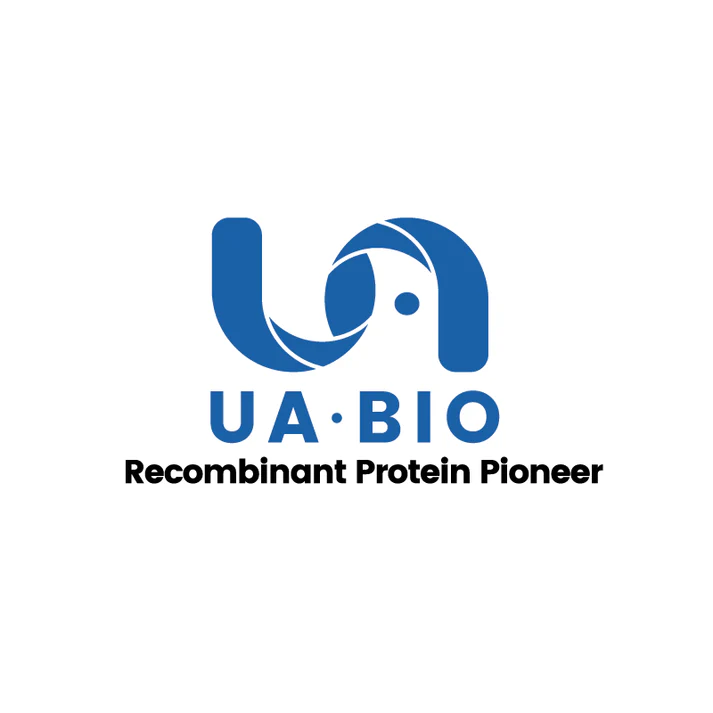1μg (R: reducing condition, N: non-reducing condition).
Product Details
Product Details
Product Specification
| Species | Human |
| Synonyms | CD300g, Nepmucin, CLM9 |
| Accession | Q6UXG3-1 |
| Amino Acid Sequence | Leu19-Arg247, with C-terminal hIgG Fc |
| Expression System | HEK293 |
| Molecular Weight | 75-90kDa (Reducing) |
| Purity | >95% by SDS-PAGE |
| Endotoxin | <0.1EU/μg |
| Conjugation | Unconjugated |
| Tag | Human Fc Tag |
| Physical Appearance | Lyophilized Powder |
| Storage Buffer | PBS, pH7.4. |
| Reconstitution | Reconstitute at 0.1-1 mg/ml according to the size in ultrapure water after rapid centrifugation. |
| Stability & Storage | · 12 months from date of receipt, lyophilized powder stored at -20 to -80℃. · 3 months, -20 to -80℃ under sterile conditions after reconstitution. · 1 week, 2 to 8℃ under sterile conditions after reconstitution. · Please avoid repeated freeze-thaw cycles. |
| Reference | 1. Soojung Jin. Nepmucin/CLM-9, an Ig domain-containing sialomucin in vascular endothelial cells, promotes lymphocyte transendothelial migration in vitro. FEBS Lett. 2008 Sep 3;582(20):3018-24. Epub 2008 Aug 4. |
Background
Nepmucin/CLM-9 is an Ig domain-containing sialomucin expressed in vascular endothelial cells. Here we show that, like CD31, nepmucin was localized to interendothelial contacts and to vesicle-like structures along the cell border and underwent intracellular recycling. Functional analyses showed that nepmucin mediated homotypic and heterotypic cell adhesion via its Ig domain. Nepmucin-expressing endothelial cells showed enhanced lymphocyte transendothelial migration (TEM), which was abrogated by anti-nepmucin mAbs that block either homophilic or heterophilic binding. Notably, the mAbs that inhibited homophilic binding blocked TEM without affecting lymphocyte adhesion. These results suggest that endothelial nepmucin promotes lymphocyte TEM using multiple adhesion pathways.
Picture
Picture
SDS-PAGE


